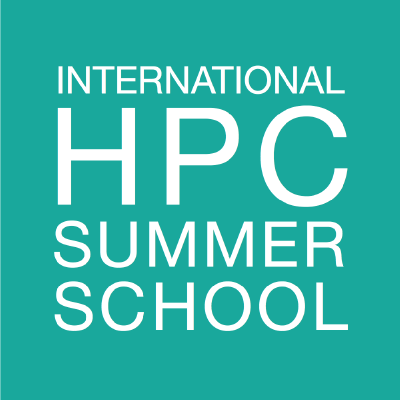Guide for Mentors
Much of this information is taken from an invaluable resource: Adviser, Teacher, Role Model, Friend: On Being a Mentor to Students in Science and Engineering (1997).
In general, an effective mentoring relationship is characterized by mutual respect, trust, understanding, and empathy. Good mentors are able to share life experiences and wisdom, as well as technical expertise. They are good listeners, good observers, and good problem-solvers. They make an effort to know, accept, and respect the goals and interests of a student. In the end, they establish an environment in which the student’s accomplishment is limited only by the extent of his or her talent.
Principles of Good Mentoring
Mentoring can happen before, during, and after the Summer School. Be ready to practice the following:
- Listen without judgement. IHPCSS students are smart students with their own cultural needs and they will follow their own paths. However, there is no better way to impede their progress than to judge their choices.
- Realize that you will not have all the answers. Take the time to direct students to someone who can help where you may be less able to.
- Keep in touch with your student before and after the Summer School. Make sure you provide opportunities for questions and be aware that they may not feel comfortable initiating discussions. They may not have burning questions at all times, but by making contact you provide opportunities for them to reach out to you.
When working with any student, particularly those from a different background or those with a disability, remember that the student has already learned how to overcome many challenges in their own life. They are the experts on communicating their own abilities, needs, and challenges. If you are having a difficult time communicating, the mentee will surely not take issue if you ask them for help in how to best mentor and communicate with them.
Benefits of effective mentoring for mentors
- Develop your professional network with up-and-coming scientists.
- Gain feeling of satisfaction from helping a student grow in confidence and achieve goals.
- Stay in touch with new developments and challenges faced by graduate students and post-docs.
- Build your interpersonal skills.
- Reflect upon your own practices.
Mentoring Tips
Things to do
- Ask questions and challenge;
- Suggest networking opportunities;
- Boost confidence and encourage;
- Offer advice but remember that the decision to act on it is the mentee’s;
- Nudge, not nag;
- Always behave in a professional manner;
- Always mentor in a public space.
- Try and respond to emails promptly, even if it is just to say that you will be in touch soon. It can be very difficult for some mentees to ask questions, so then delaying in responding, or being dismissive can be extremely detrimental and discourage them from reaching out in the future.
Things to avoid
- “Do as I say, not as I do/did”.
- Mistaking cultural deference for apathy or understanding.
- Harassing a student for information they are not comfortable giving in order to “help” them. Stick to the natural progression of relationships and let them bring it to you.
- Being distracted when meeting with your mentees: make sure to give the student your full attention by minimizing distractions during the time spent with your mentees.
- Assuming you know best: allow the mentee to explore options and solutions with you - but the choice of solution should be that of the mentee.
